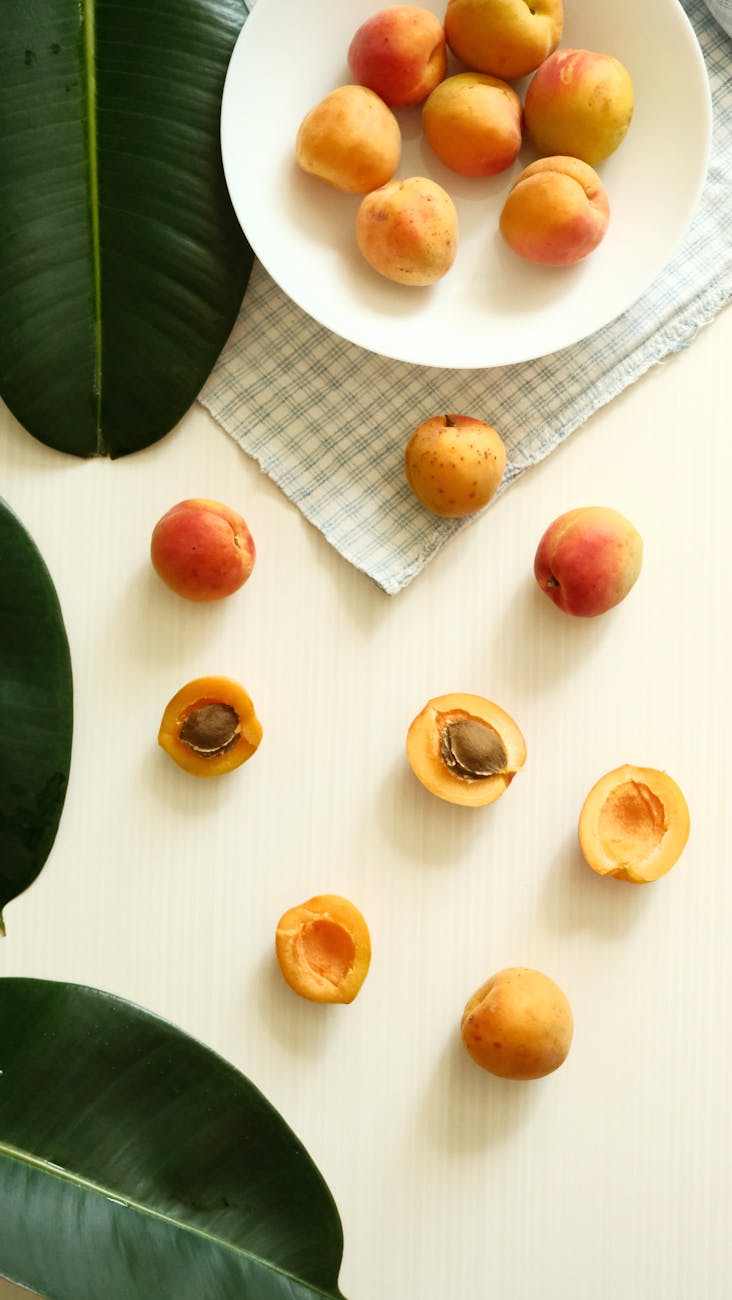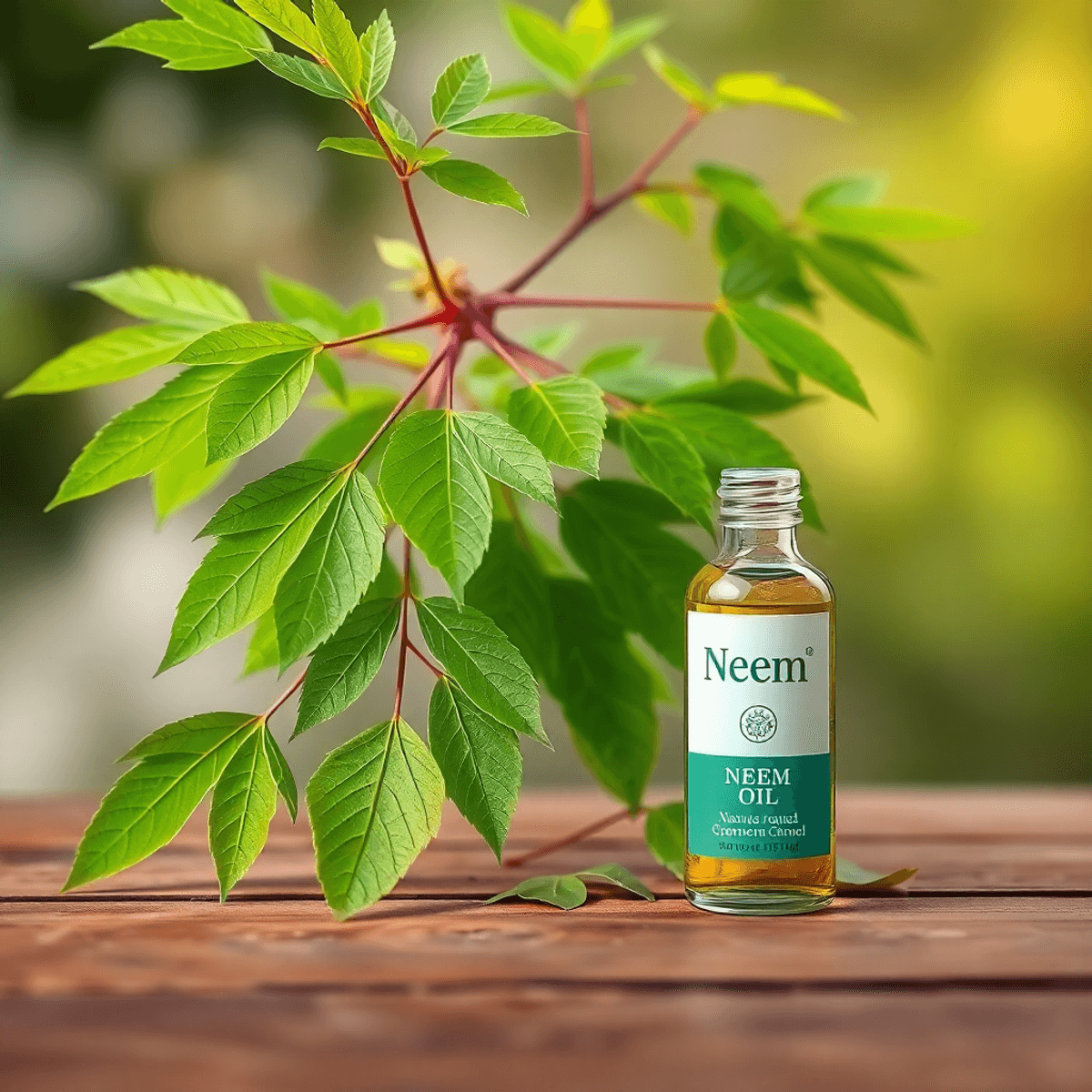Introduction
Apricot seeds, also known as apricot kernels, are becoming popular as a potential superfood. They are packed with proteins, vitamins, and antioxidants, making them a nutritious addition to your diet. However, it’s important to be aware of the significant risks associated with apricot seeds.
In this article, we’ll discuss:
- The benefits of apricot seeds, including their nutritional value and antioxidant properties.
- The potential anticancer effects linked to amygdalin, a compound found in apricot seeds.
- Health risks associated with consumption due to cyanogenic glycosides and the possibility of cyanide poisoning.
- Industrial uses and the historical context of these seeds in alternative medicine.
This guide aims to provide a comprehensive understanding of apricot seed benefits and risks, empowering you to make informed decisions about incorporating them into your lifestyle.
Nutritional Composition of Apricot Seeds
Apricot seeds are often called a nutrient powerhouse because they contain a wide range of essential nutrients that can be beneficial to your diet. By understanding the nutritional profile of these seeds, we can better appreciate their potential health benefits.
1. Proteins in Apricot Seeds
These seeds are a notable source of protein, which plays a crucial role in building and repairing tissues. Protein is vital for maintaining muscle mass and supporting various bodily functions.
2. Vitamins in Apricot Seeds
They contain vitamins such as Vitamin E, known for its antioxidant properties. Vitamin E helps protect cells from oxidative stress and supports skin health. The presence of other vitamins like Vitamin B17 (amygdalin) has been historically noted, though its benefits remain controversial.
3. Dietary Fiber in Apricot Seeds
Including dietary fiber is beneficial for digestive health. Fiber aids in maintaining regular bowel movements and can assist in managing cholesterol levels.
4. Additional Nutrients
Apricot seeds also provide carbohydrates necessary for energy, along with bioactive components like flavonoids. These compounds are associated with potential anti-inflammatory effects and overall wellness.
The nutrient-rich composition of apricot seeds reinforces their reputation as a superfood. However, it’s important to weigh these benefits against the possible risks linked to their consumption, which will be explored further in the upcoming sections.
Antioxidant Potential of Apricot Seeds
The antioxidant potential of apricot kernels makes them a subject of growing interest in the health and wellness community. Antioxidants are compounds that play a crucial role in protecting your body from oxidative stress. This stress is caused by free radicals—unstable molecules that can damage cells, proteins, and DNA. Over time, this damage contributes to aging and various diseases, including cancer and heart disease.
How Apricot Seeds Fight Oxidative Stress
Apricot seeds contain several types of antioxidants, including flavonoids and polyphenols. These compounds help neutralize free radicals, reducing their harmful effects on the body. By mitigating oxidative damage, the antioxidant properties of apricot seeds may contribute to cellular health and longevity.
- Flavonoids: Known for their anti-inflammatory and immune-boosting effects.
- Polyphenols: May support cardiovascular health and reduce inflammation.
The presence of these bioactive components suggests that incorporating apricot seeds into your diet could offer protective benefits against cellular damage. However, it’s essential to balance these potential benefits with an awareness of the risks associated with their consumption.
This antioxidant property is part of what positions apricot seeds as a potential superfood, although understanding both the pros and cons is vital for informed dietary choices.
Potential Anticancer Effects of Amygdalin in Apricot Seeds
The potential anticancer properties of amygdalin, a naturally occurring compound in apricot seeds, have been the subject of various studies. Researchers have explored its role in promoting cell death and inhibiting tumor growth. Some scientific investigations suggest that amygdalin may trigger apoptosis, a process where cancer cells are programmed to die, potentially offering therapeutic benefits.
How Amygdalin May Affect Tumor Growth
- Apoptosis Induction: By encouraging the self-destruction of cancerous cells, amygdalin might contribute to reducing tumor size.
- Enzymatic Breakdown: It is hypothesized that enzymes present in certain cancer cells can convert amygdalin into compounds that help combat tumor growth.
- Nutrient Deprivation: Amygdalin might limit the supply of essential nutrients to cancer cells, thereby hindering their proliferation.
While these findings highlight the potential benefits of apricot seeds, it’s crucial to acknowledge that scientific support for amygdalin as a viable cancer treatment remains limited and controversial. Many studies emphasize the need for further research to fully understand its efficacy and safety.
Health Risks Associated with Consuming Apricot Seeds
Apricot seeds contain cyanogenic glycosides, particularly a compound known as amygdalin. This compound is notorious for its potential to convert into cyanide, a highly toxic substance, when metabolized by the body. The transformation occurs in the digestive system where amygdalin breaks down and releases hydrogen cyanide, posing significant health risks if consumed in large quantities.
Toxic Effects of Amygdalin
- Cyanide Poisoning: High consumption levels of apricot seeds can lead to symptoms of cyanide poisoning. These symptoms may include headache, dizziness, nausea, and in severe cases, seizures or even death.
- Safety Thresholds: Research suggests that consuming more than 0.5 to 3 milligrams of hydrogen cyanide per kilogram of body weight can be fatal. It’s crucial to adhere to safety guidelines which recommend limiting intake to avoid these adverse effects.
Understanding these risks is vital for anyone considering apricot seeds as a part of their diet. While they might offer certain benefits, the toxic effects of amygdalin warrant careful consideration and consultation with healthcare professionals before incorporating them into regular consumption.
Industrial Uses and Historical Background of Apricot Seeds
Apricot seeds, known for their potential health benefits, have various industrial uses beyond nutrition.
Uses in the Cosmetic Industry
Apricot seeds are commonly processed into oil, which is widely used in the cosmetic industry. This apricot seed oil is valued for its moisturizing properties, making it an effective ingredient in skincare products such as lotions, creams, and shampoos.
Uses in the Pharmaceutical Industry
The oil is also utilized in the pharmaceutical industry due to its soothing effects on the skin.
Uses in Food Production
In food production, apricot seeds serve as ingredients in low-fat baked goods, enhancing texture and nutritional content.
Historical Context in Alternative Medicine
Their application isn’t limited to contemporary industries; they have a rich historical context in alternative medicine. Since the 1920s, apricot seeds have been explored for their supposed medicinal properties, particularly due to amygdalin. Although controversial and often banned by regulatory bodies like the FDA, this historical usage underscores their longstanding intrigue.
These versatile seeds have a unique combination of modern uses and historical importance.
Conclusion
Including apricot seeds in your diet can be beneficial, but it’s important to be careful because of the potential risks involved. The safety of consuming apricot seeds depends on understanding their amygdalin content, which can turn into cyanide in the body. To reap the health benefits of apricot seeds, like their nutritional and antioxidant qualities, it’s crucial to eat them in moderation. Speaking with healthcare professionals before incorporating apricot seeds into your routine ensures you make informed choices and reduces risk. Always prioritize safety when thinking about adding these powerful seeds to your diet.
Discover more from NatureZen Market
Subscribe to get the latest posts sent to your email.











